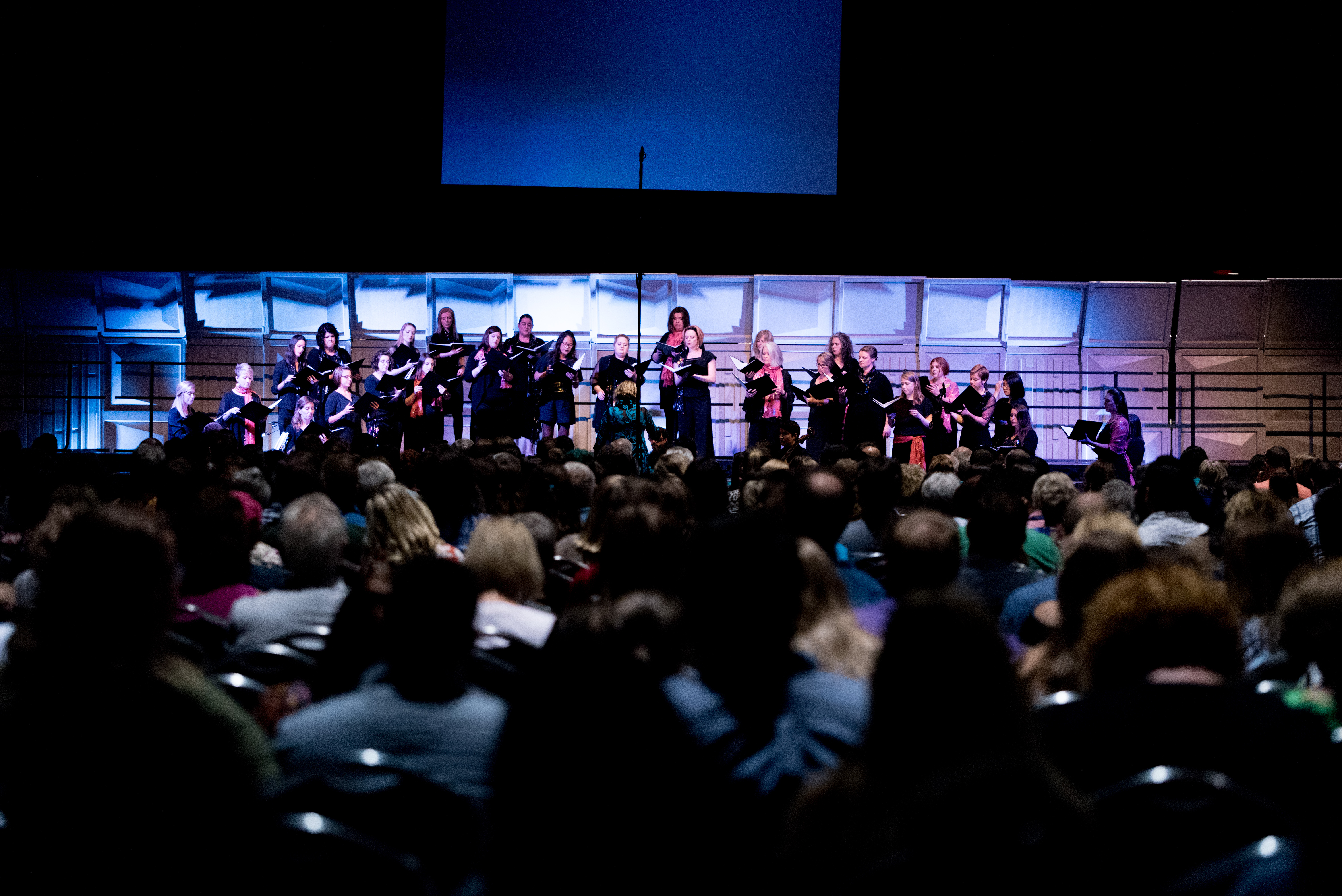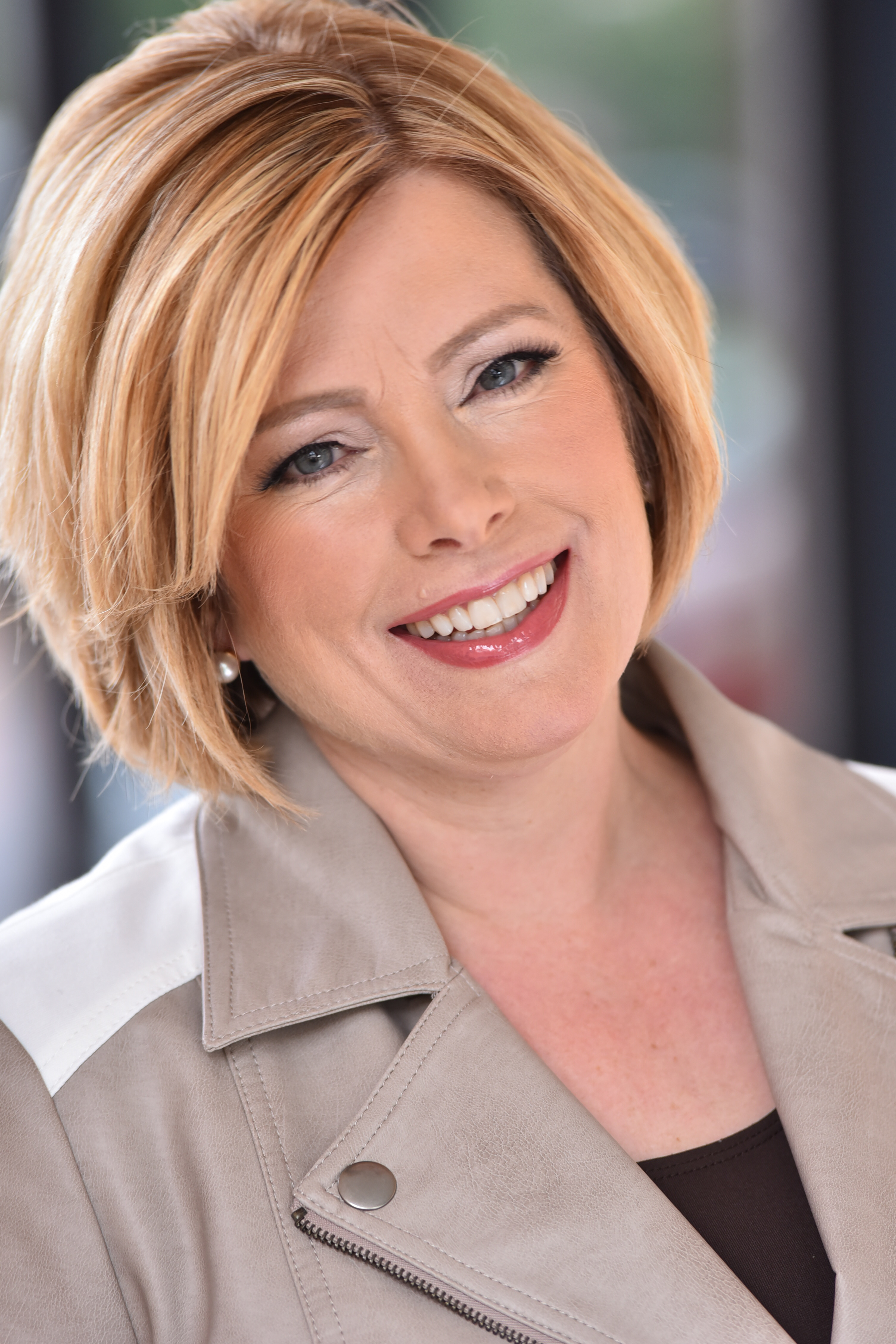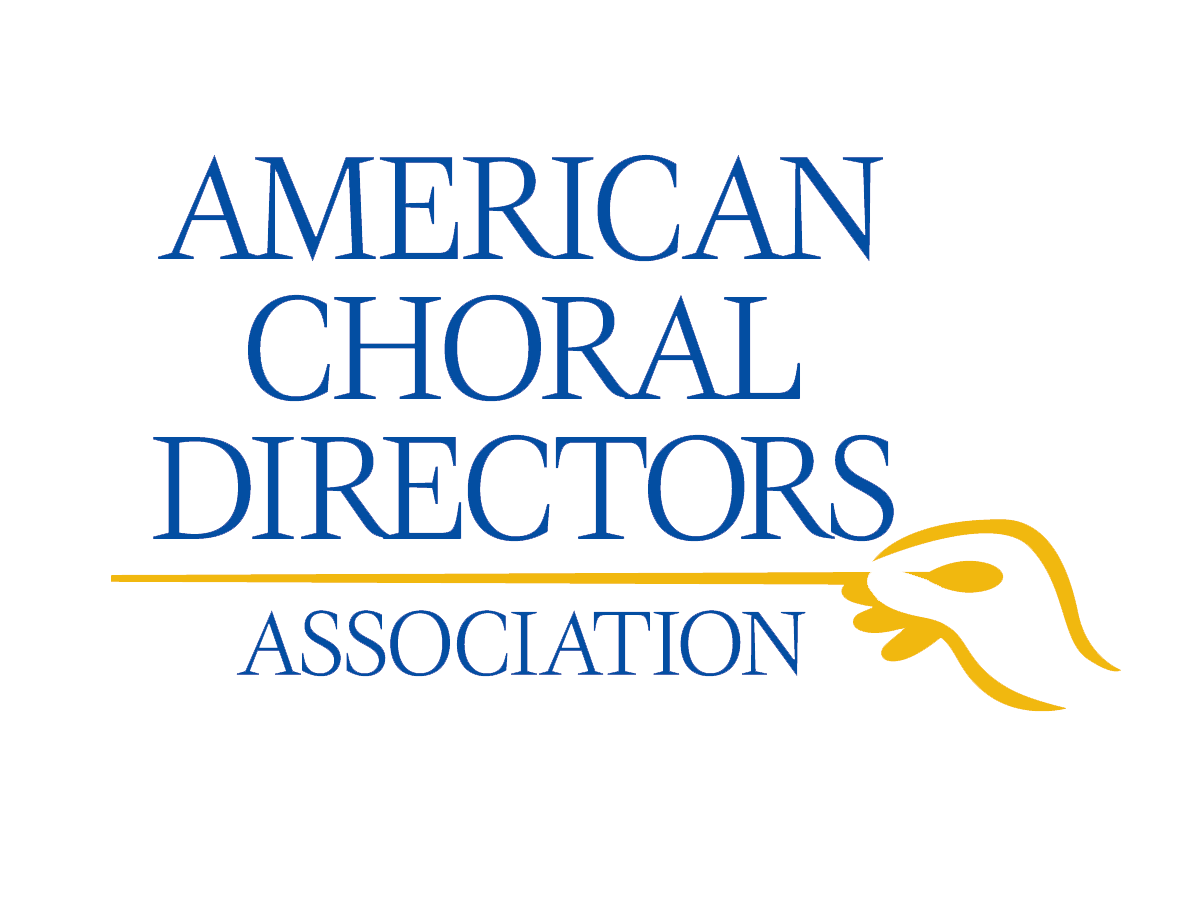Paralysis to Catalyst: Problematizing Repertoire and Teaching Towards Collective Action
Session Abstract: As we live through a time of racial reckoning in the United States, choral conductor/teachers have grappled with meaningful responses in our programming, in what our students experience in the choral classroom, and the impacts of public performance. Teaching professionals as well as singers in their ensembles struggle to understand what music should be performed, leading in some cases to paralysis over singing music outside one’s lived experience. This session is an honest examination of what it means to be a catalyst in the sphere of choral performance and music education. We examine a potent point of connection for advancing shared understandings of our differences as well as our commonalities-what we sing and how we prepare singers and listeners for the work. Using the theoretical frameworks of culturally relevant and culturally sustaining pedagogies, we will frame a process for difficult conversations in choir and our communities at large. Examples will be shared and demonstrated through musical works, including Andrea Ramsey’s Suffrage Cantata, Zanaida Robles's No Fairytale Here , Melissa Dunphy’s Survival Plan of Sorts, and Mari Esabel Valverde’s “When Thunder Comes.” We walk into the messiness of our own fears of appropriation and desire to honor other’s stories and model talking points and teaching strategies for helping our singers and communities understand our process for bringing such works and stories to life.
References for Session:
Allsup, R. E. (2020). ON THE PERILS OF WAKENING OTHERS. In I. M. Yob & E. R. Jorgensen (Eds.), Humane Music Education for the Common Good (pp. 29–39). Indiana University Press. https://doi.org/10.2307/j.ctvxcrxmm.5
Lind, V. L., & McKoy, C. L. (2016). Culturally responsive teaching in music education: From understanding to application. Routledge.
Paris, D., & Alim, H. S. (Eds.). (2017). Culturally sustaining pedagogies: Teaching and learning for justice in a changing world Teachers College Press.
Rinholm, H., & Varkøy, Ø. (2020). MUSIC EDUCATION FOR THE COMMON GOOD? BETWEEN HUBRIS AND RESIGNATION: A Call for Temperance. In I. M. Yob & E. R.
Jorgensen (Eds.), Humane Music Education for the Common Good (pp. 40–53). Indiana University Press. https://doi.org/10.2307/j.ctvxcrxmm.6




